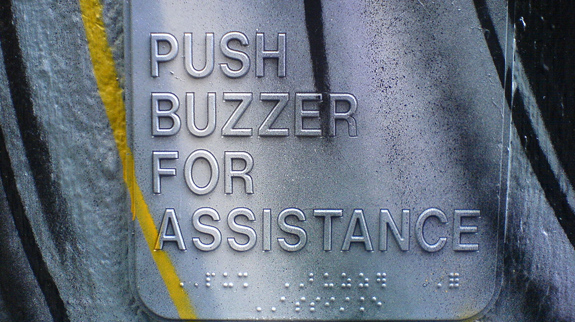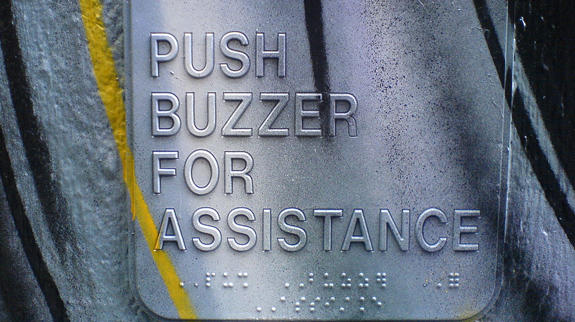
Accommodated Testing on the LSAT
Hello out there to all of you in LSAT Land. It’s early March, which is a strange, awkward time for the pre-law community (think: your middle-school years). We’re caught between two application cycles: one which culminated a few weeks ago with the February 1st deadline, and one that won’t officially start until a fresh batch of hopefuls take on the June 6th LSAT. Students are caught in pre-law purgatory, either waiting on law school decisions, or waiting for their LSAT class to start. The good news is that this gives us some extra time to make sure that we have every last nook and cranny of the LSAT covered, which we then so charitably pass on to you.
Today’s MSS article is about how the LSAC handles student requests for accommodated testing. A lot of students assume that accommodated testing simply means “extra time”, but there are actually numerous other functions, such as providing an LSAT in braille for the visually-impaired or making sure that students with certain disabilities are in a test center that is wheelchair accessible. These types of requests are straightforward, and are usually processed immediately once the LSAC receives the appropriate medical documentation.
The most commonly requested accommodation is from students with learning disabilities who want extra time to take the exam, usually because they have been diagnosed with ADD or ADHD at some point in their lives.
The LSAC realizes that there is a lot of subjectivity and ambiguity in the diagnosis of learning disabilities, and on their web site, they make it perfectly clear that not every kid who has trouble concentrating is going to be granted extra time: diagnosis alone does not qualify you for accommodations. You must document the current functional impact of an impairment that limits a major life activity and provide both a rationale and an objective basis for the requested accommodations.”
With a high-stakes exam like the LSAT, the folks at the Law School Admissions Council correctly realize that there must be extremely high standards if a student is going to receive special accommodations. The LSAC takes into account the entire history of a student’s learning disability, as well as whether or not that student has been granted extra time on previous exams, like the SAT or AP tests. (Remember those AP tests?)
So, what should you do if you are a student with a legitimate request for special testing accommodations? The LSAC asks that these students first register for the LSAT and then submit the required paperwork as soon as possible. There are also specific forms that need to be submitted by your doctor, and there are different documents depending on whether the impairment is cognitive, visual, or physical. (Click here for more information).
For those who are going to be seeking some form of accommodation on the upcoming June LSAT, you should make sure that you register for the exam now, and then get all of the appropriate paperwork in order shortly thereafter.
For those concerned about fairness, it appears that the LSAC has some of the strictest standards possible to separate the legitimate and illegitimate requests, so sleep tight.
And don’t forget before you start your LSAT prep to download our free LSAT resources.




